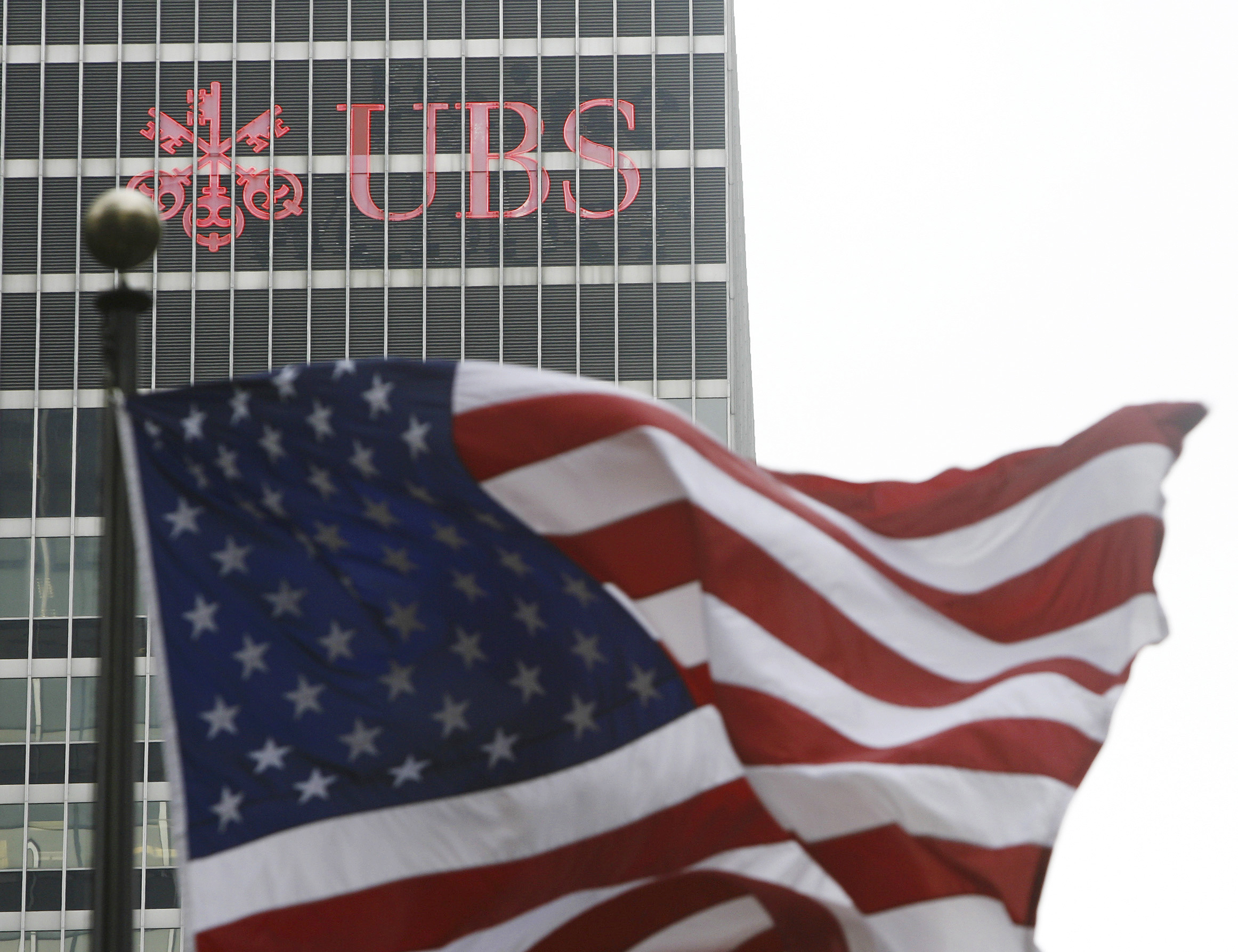UBS division chief: Battle lines are drawn in US

Bob McCann walked into UBS’s US wealth management division when everyone else was walking out. His job was to stop them. Rocked by the Swiss bank’s 2008 tax evasion scandal, one adviser in every six was leaving the unit each year.
“My conclusion after a month was if we didn’t act decisively 16% was more likely to be 25% than it was 10%,” says Mr McCann, who was hired from Merrill Lynch in 2009 to run the division and now also runs the group’s investment bank in the Americas.
Mr McCann would cajole the top producers and call on the wealthiest clients, with a bluff Pittsburgh charm made more effective by a gaze that can seem slightly menacing. It has worked. The attrition rate last year fell to 3%.
“I think the turnround is complete,” he says. “We’ve more than stabilised it. Now it’s about taking the business forward and reaching its true potential.”
From a Manhattan office, which shuns the Swiss bank’s large art collection, with its Hockneys and Lichtensteins, in favour of a disparate collection of his own: a picture of Waterville in Ireland, a stock exchange scene by LeRoy Neiman and a photo of civil rights activist Rosa Parks.
The wealth management business, known as Paine Webber when UBS bought it for $10.8bn (CHF9.6 billion) in 2000, has shown improved profits, from $32m in 2009, a loss of $130m in 2010 to pre-tax income of almost $1bn last year.
But it still has detractors in the industry who say the brokerage is too small, pays too well and has meagre profit margins.
For years it has been seen as a potential takeover target. James Gorman, chief executive of Morgan Stanley, revealed in a Financial Times interview this month that he had been in protracted talks to acquire the business before 2009, but “they thought it was worth more than we thought it was worth. We were enamoured about consolidation but we weren’t stupid.”
Detractors
The suggestion is that the main reason it has not been sold is that the business is now overvalued on UBS’s books and to sell would mean taking a big loss. Mr McCann does not agree.
“UBS paid a lot of money for Paine Webber. That’s very true. With the business earning $1bn of pre-tax, though, in no way is it an impaired asset. I believe there are research reports that would indicate it was worth $6bn and now it’s worth $11bn. But I don’t like to talk about the standalone value of businesses because if the wrong person writes about it, it sounds like you want to sell it. We’re not selling this. Period.”
The detractors say the business missed out on consolidation, and – as the smallest of the big four, with 7,000 financial advisers compared with more than 15,000 at Morgan Stanley and Merrill Lynch – lacks the necessary scale.
Mr McCann says he could be a buyer rather than a seller, and that he does not need to be either. “I don’t think we need to get to 10,000 [advisers] to win but if you told me that there were 3,000 that I could get who were OK producers and I could put them on my platform . . . we see everything that’s for sale and it’s normally at an uneconomic price.”
Losing assets
Despite the improvements, UBS is still hampered by subpar profit margins, the legacy of just before Mr McCann’s arrival when advisers were given large recurring retention bonuses. “I can’t do anything about that,” he says. “The company and the business were in a period of great crisis. They were losing assets and people.”
But the expenses will fade and Morgan Stanley and Merrill Lynch, as well as JPMorgan Chase’s private bank and Wells Fargo’s brokerage, will have a competitor, which if measured on an international basis is not too small, says Mr McCann.
“We have $1tn there [in assets outside the US] and $1tn here. James Gorman and Brian Moynihan [of Bank of America, which owns Merrill Lynch], they have it all in the US. So they’re bigger than us in the US. We’re about the same size when you look at it globally. I think the battle lines are drawn.”
Copyright The Financial Times Limited 2014

In compliance with the JTI standards
More: SWI swissinfo.ch certified by the Journalism Trust Initiative
You can find an overview of ongoing debates with our journalists here . Please join us!
If you want to start a conversation about a topic raised in this article or want to report factual errors, email us at english@swissinfo.ch.